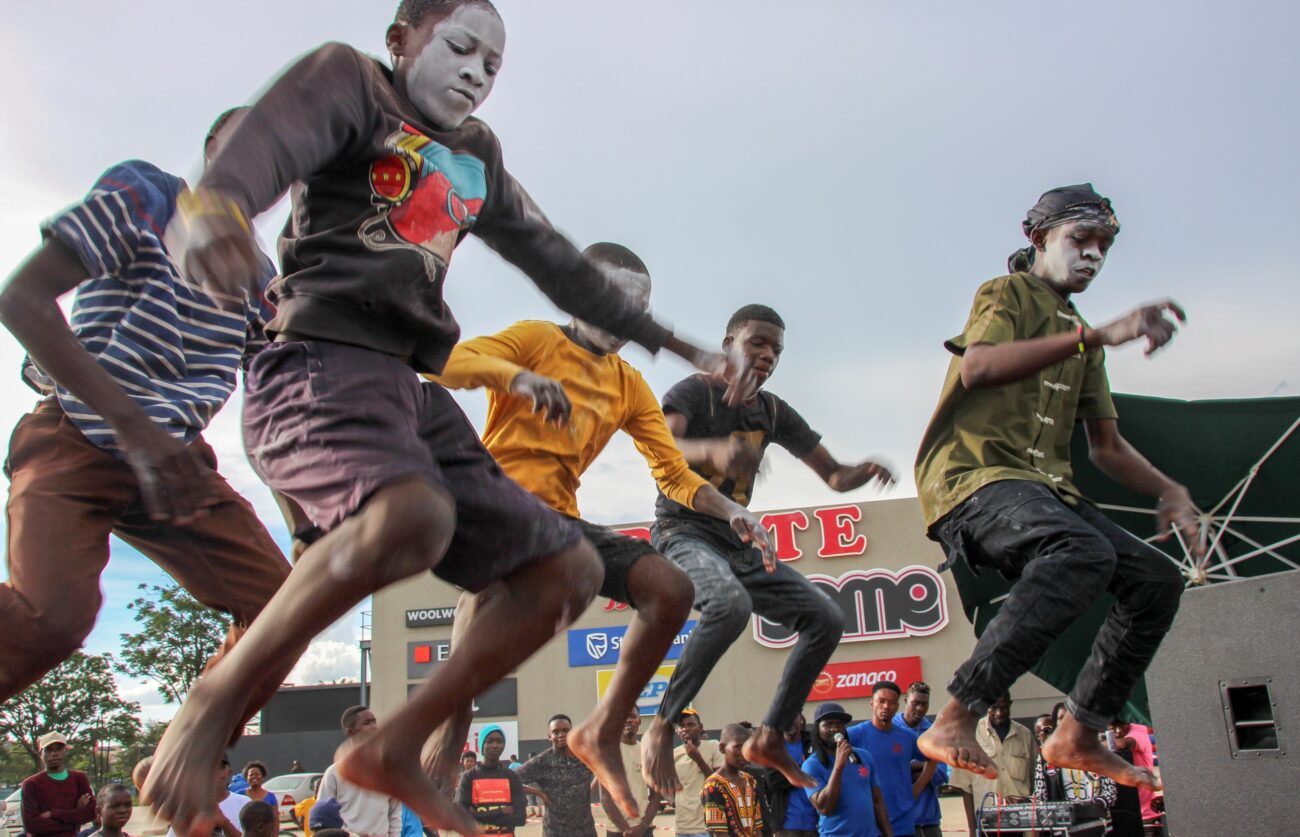
ZAMBIA: 120 youth have opportunity for cultural exchange through arts program thanks to funding Salesian Missions received from US Embassy in Lusaka
The “Amplifying the Arts” project empowered vulnerable youth to tell their stories through American-inspired creative expression and participate in a cultural exchange.
NEW ROCHELLE, NY (Nov. 17, 2020) Youth in Zambia had an opportunity for cultural exchange through arts programming thanks to funding Salesian Missions, the U.S. development arm of the Salesians of Don Bosco, received from the U.S. Embassy in Lusaka, Zambia. The “Amplifying the Arts” project empowered vulnerable youth to tell their stories through American-inspired creative expression and to celebrate the diversity and unity of the human experience. The project also aimed to strengthen cultural ties between the U.S. and Zambia.
The project was launched in November 2019 with a talent identification event held by Bosco Youth Reach Out as an invitation to participate to youth in the surrounding areas. The event attracted more than 1,000 spectators, and 150 children and youth performed. Of the 150 performers, 120 youth, aged 15-25, were selected to attend the training.
The training workshops began in December and introduced youth to songwriting, dance, a traditional instrument, poetry, painting and guitar lessons. A talent show celebration, which brought together more than 600 people, was held in February to showcase what the youth had learned. Following the talent show, upwards of 160 children and youth began showing up to the workshops.
The program ran through March until the country went into lockdown because of the pandemic. During the lockdown, mentors used social media and other platforms to connect with the participants, sustaining engagement and attracting the youth to return upon re-opening. In-person workshops resumed in July with 70 to 80 attendees. Following safety precautions, participants began to work on their final art presentations. The project ended with an exhibition talent show for the community in September that brought together 336 spectators.
Participating youth, who came from challenging backgrounds and were vulnerable to at-risk behaviors, were encouraged to express their stories through music, spoken word and creative writing. Youth transcribed their stories into songs, artwork and poems to promote their voices through visual expression to a wider audience. They were also introduced to the basic principles and techniques of mindfulness and physical expression through yoga and other forms of mindful movement techniques that teach relaxation, discipline, and encourage a deeper sense of self-awareness as a means of encouraging self-expression and stress management.
The mentorship during the project was guided by Nhkani Znaga. The guidance encouraged youth to be more optimistic about their lives and talents. The mentors and facilitators reported
changing mindsets throughout the program. The fights and bullying among children drastically reduced as the project progressed and children self-regulated during sessions.
Participants were also exposed to new platforms such as the Zambian National Broadcasting Channel. The network provided mentorship and guidance to participants. Natasha Tembo, a talented young singer and poet; Friday Siame an upcoming guitarist and musician; and David, a young upcoming producer and singer are now featured on the TV show “Folk Music Talk Show” on Fridays. In addition, two other young artists were offered the opportunity from the Salesians of Don Bosco to design a mural in the conference hall. Exposure opportunities will help these young girls and boys find a livelihood in the work that they do.
“We are grateful to the U.S. Embassy in Lusaka for the opportunity to provide vulnerable youth this chance for a cultural exchange through arts programming,” said Father Gus Baek, director of Salesian Missions. “The youth who took part in the project were afforded new opportunities that broadened their perspective through learning new cultural practices. They also had the chance to improve their skills in creative and expressive art and mindfulness.”
Poverty is widespread in Zambia with 64 percent of the total population living below the poverty line. For those living in rural areas, the poverty rate rises to 80 percent, according to UNICEF. Over the past three decades, incomes in Zambia have fallen steadily and people do not have enough money to meet basic needs such as shelter, nutritious food and medical care.
The HIV/AIDS epidemic has also taken a devastating toll on Zambia’s children. There are 1.2 million children classified as orphaned and vulnerable by UNICEF, and these children struggle to find education, basic services and hope for their future.
###
Contact: [email protected]
